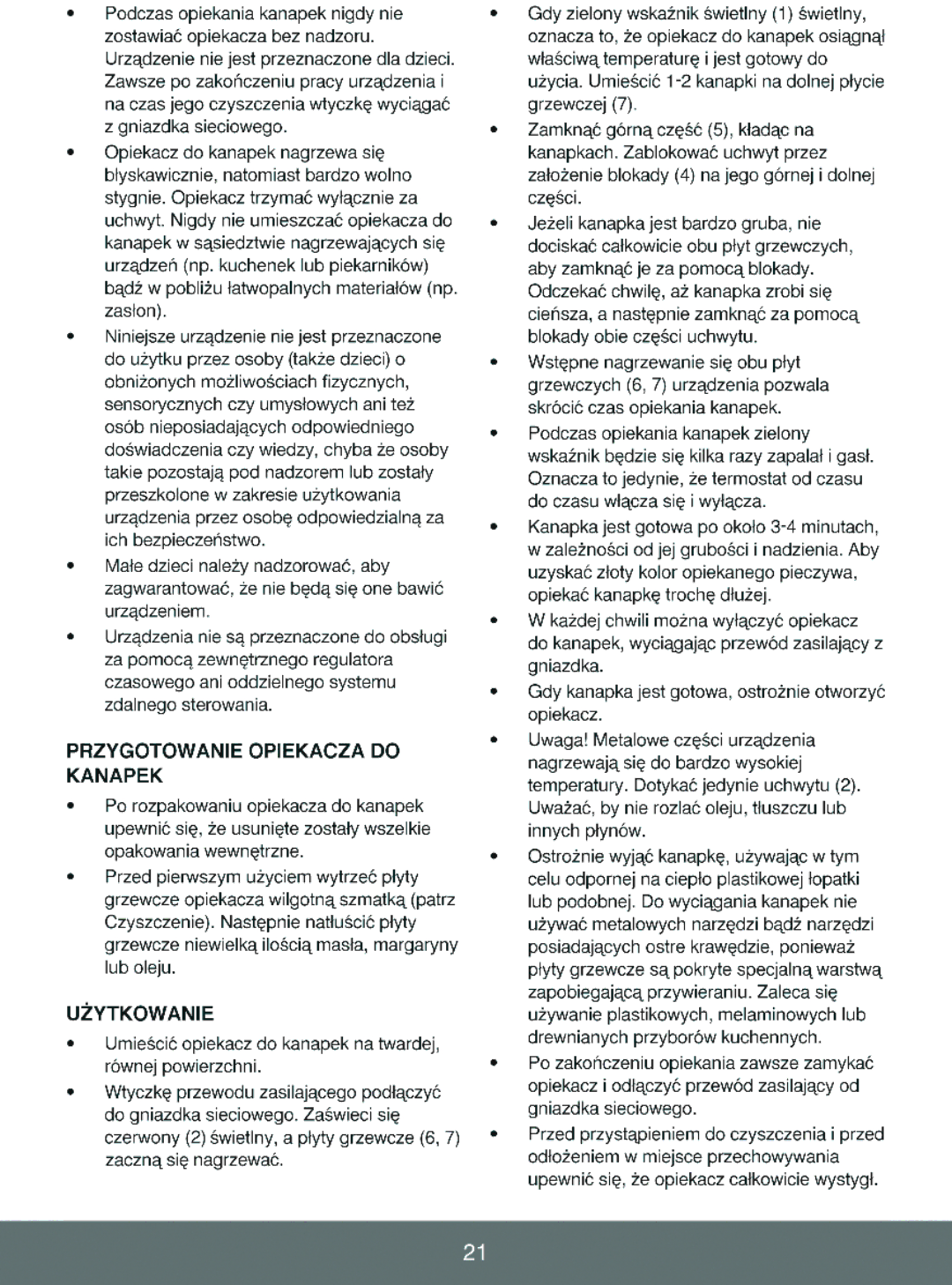643-204, 143-082, 143-078 specifications
Melissa 143-078, 143-082, and 643-204 are advanced agricultural varieties developed to enhance crop yields and improve resilience against environmental stressors. These varieties are part of a broader effort to create sustainable agricultural practices while meeting the growing demand for food in a rapidly changing climate.One of the foremost features of these varieties is their high yield potential. Melissa 143-078 and 143-082, in particular, have been bred to produce more grain per plant compared to traditional varieties. This trait is crucial for farmers looking to maximize their output on limited arable land. The increased yield is achieved through a combination of genetic improvements and optimized growth traits.
In addition to their yield potential, these Melissa varieties exhibit strong resistance to various diseases and pests. This is a critical characteristic, as it reduces the need for chemical pesticides, allowing for a more environmentally friendly approach to farming. Specifically, Melissa 143-082 has demonstrated exceptional resistance to fungal infections, which can devastate crops and significantly lower yields.
The technologies behind these hybrids involve advanced breeding techniques, including marker-assisted selection and genomic sequencing. These scientific methods enable breeders to identify and select desirable traits more efficiently, speeding up the development process. As a result, the Melissa varieties benefit from both traditional breeding methods and cutting-edge biotechnological advancements.
Another notable characteristic of the Melissa varieties is their drought tolerance. As water scarcity becomes a more pressing issue globally, the ability of Melissa 643-204 to thrive in less-than-ideal moisture conditions is invaluable. This trait is especially important for regions that experience irregular rainfall patterns, allowing farmers to maintain productivity even during dry spells.
Moreover, the Melissa hybrids are designed with adaptability in mind. They can grow in varying soil types and climatic conditions, providing farmers with flexibility in their planting decisions. This adaptability ensures that growers can cultivate these varieties in diverse agricultural landscapes, from humid lowlands to more arid regions.
In summary, Melissa 143-078, 143-082, and 643-204 represent a significant advancement in agricultural biotechnology, offering high yield potential, disease resistance, drought tolerance, and adaptability. These varieties not only promise to enhance food production but also contribute to sustainable farming practices in the face of global challenges. As the agricultural sector continues to evolve, the Melissa hybrids are poised to play a crucial role in ensuring food security for future generations.

